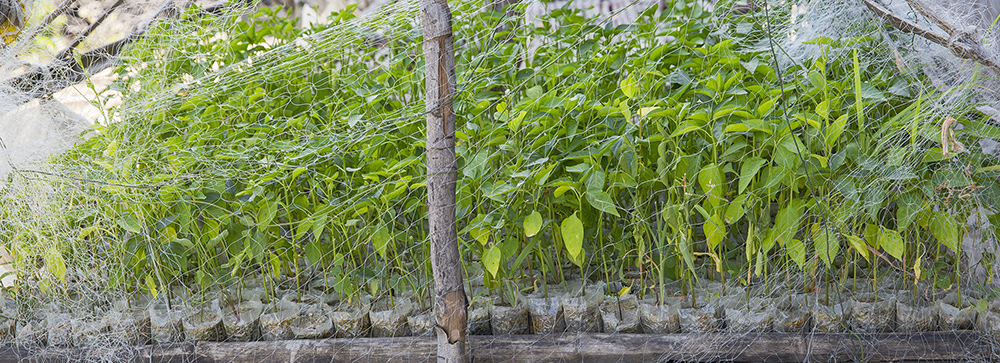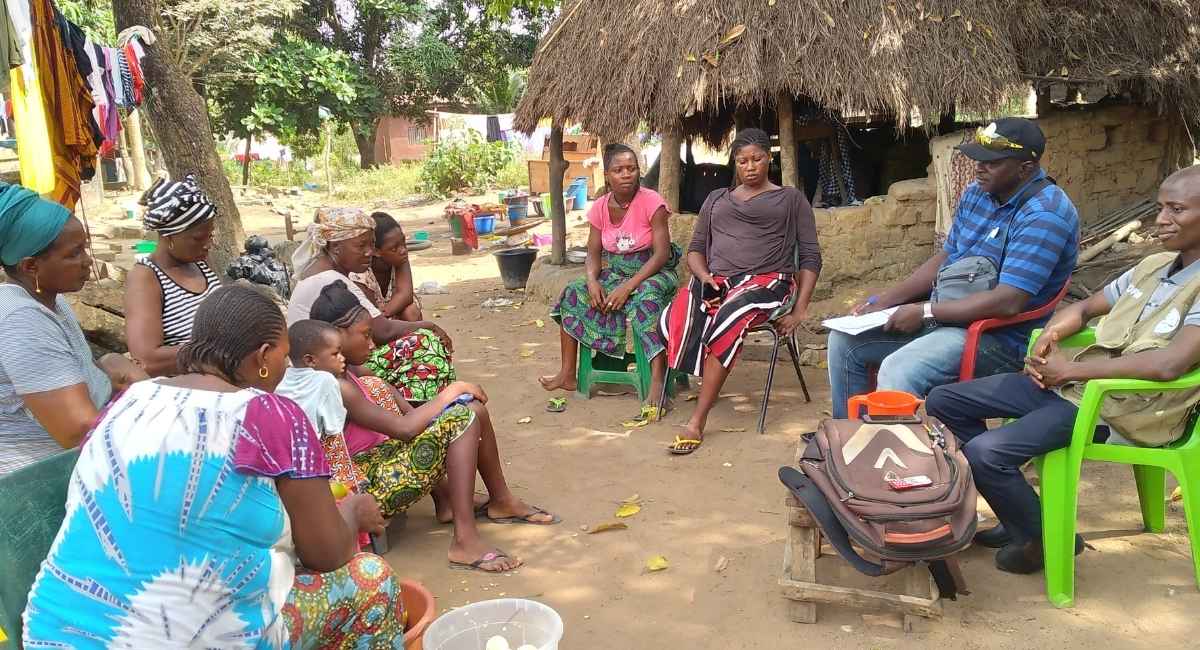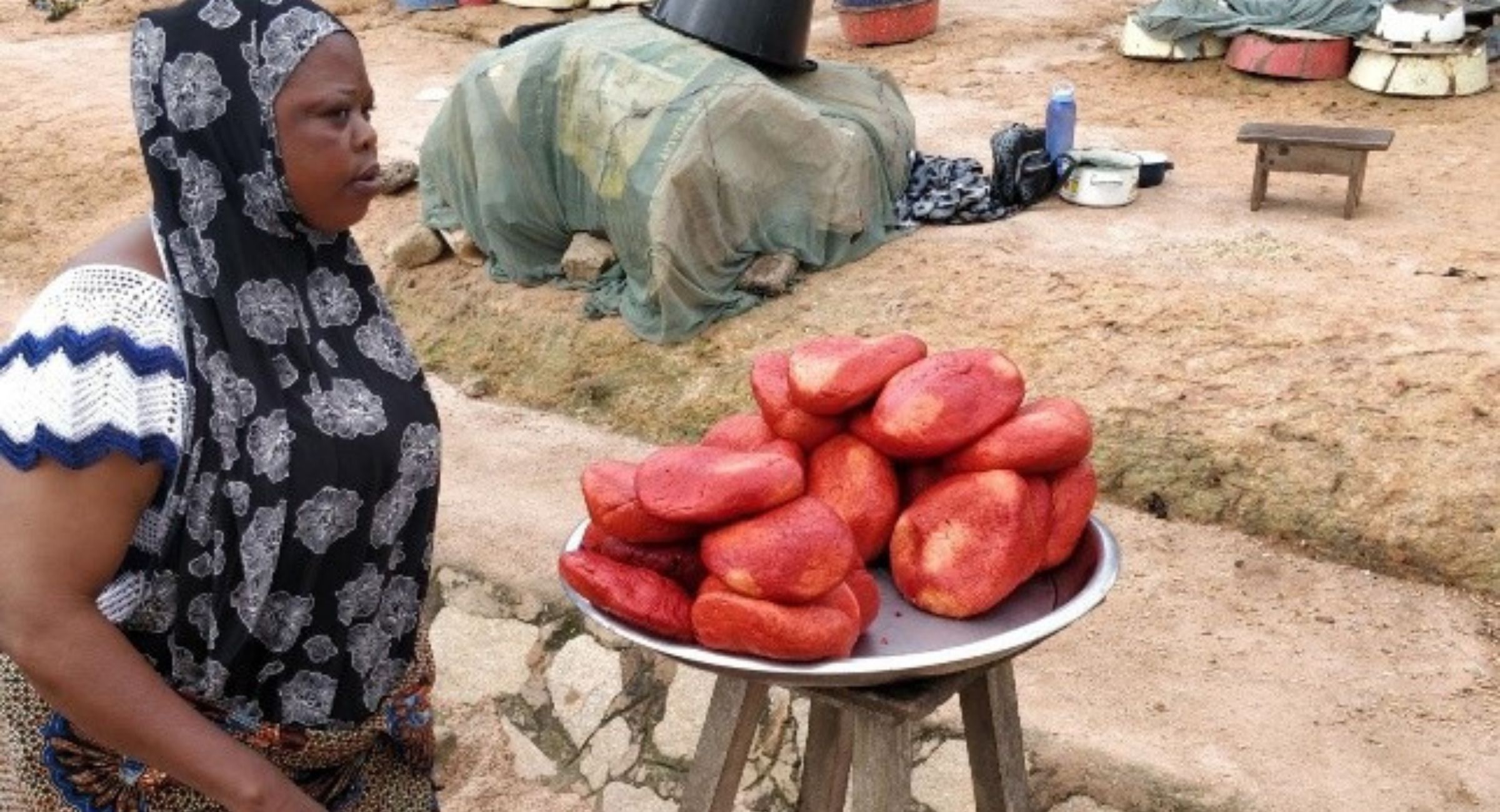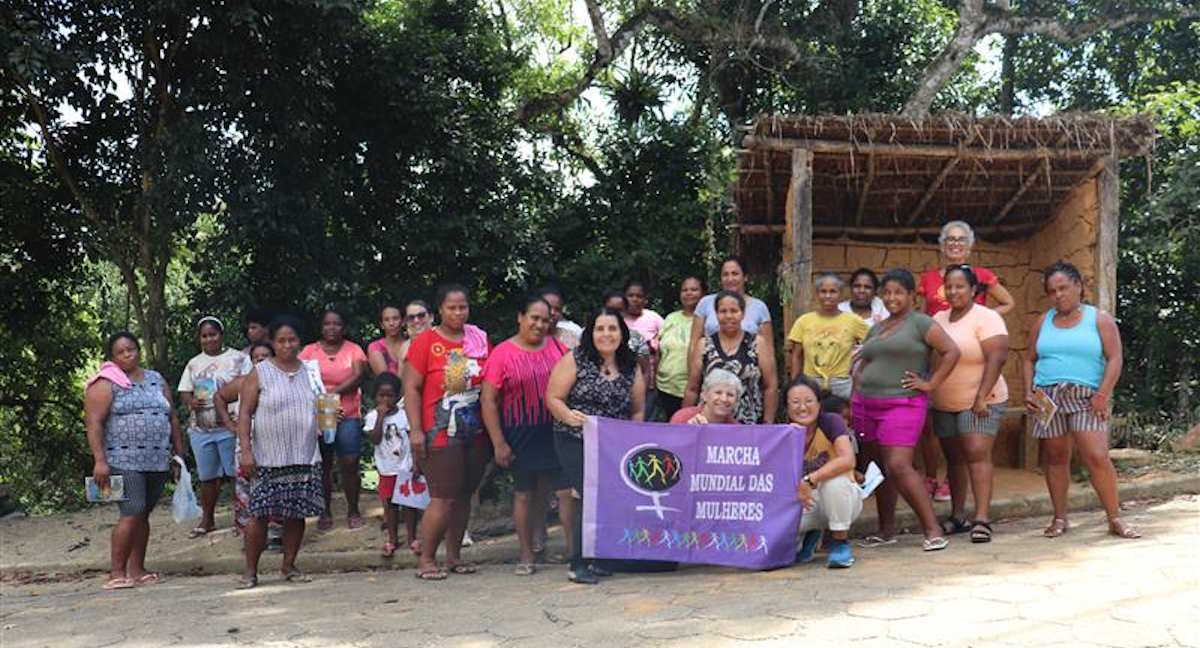Through its participation in networks and collectives, GRET contributes to enhancing knowledge, disseminating best practices and supporting the main stakeholders involved in agroecology. Because, as the proverb says: “Alone we travel quicker, together we travel further…”.
Given the limitations of conventional productivist models, agroecology is today emerging as a possible response to the challenges of the 21st century: food security, the environment and employment. Developing countries in particular have to cope with numerous agro-climatic and socio-economic difficulties. Agroecology aims to ensure sustainable, resilient agricultural production, strengthen farmers’ autonomy, protect the environment and fight against climate change. This approach – combining science, social progress and adding value to famers’ practices – is based on restoring and improving the ecosystem, and highlighting its potential.
Supporting agroecological transition for family farms
GRET has always encouraged the development of territories based on small-scale and family farming, within sustainable, inclusive value chains. By promoting agroecological transition for autonomous, cost-effective family farming, GRET helps farmers to improve their production capacities, their food and nutritional security, the sustainability of their farms and their capacity to be resilient when they experience shocks.
Facilitating this transition in its technical and socio-economic dimensions is necessary to support farmers with risk-taking, funding and acquisition of knowledge relating to innovation, which, in the case of agroecology often has delayed impacts. This support can be provided through actions at various levels in partnership with local and international bodies: advocacy, studies, coordination of networks and field projects highlighting innovative agroecological practices and approaches such as territorial management via village-based plans (Terria project, Senegal), the development of micro-watersheds (FISONG climate change, Haiti) or the construction of an agroecological approach with research and government (Sara project, Forest Guinea).
In South-East Asia, the dynamic to promote agroecology led by GRET is organised at regional level, in particular thanks to a multi-country project funded by the Louis Dreyfus Foundation (Farmers Innovation Towards Agroecology – FITA in Cambodia and Myanmar) and to support for the emergence and coordination of a regional multi-stakeholder platform to promote agroecology (Agroecology Learning alliance in South East Asia – Alisea), funded by the Agence française de development (AFD).
>> More information on the Fita project and the Alisea network
Evaluating agroecological practices and their impacts
GRET, Agronomes et vétérinaires sans frontières (AVSF), Agrisud and CARI initiated the creation, at the beginning of 2016, of the Working group on agroecological transition (GTAE). The latter aims in particular to construct a common methodology for the evaluation of agroecological practices. The group will evaluate favourable and unfavourable factors for the experimentation and development of agroecology, the agro-environmental impacts of agroecological practices (soil fertility, vegetation, biodiversity, etc.) and their socio-economic impacts (agricultural income, added value, employment, food security, etc.).
Thanks to funding from the Economic Community of West African States (ECOWAS), the four GTAE organisations joined with other partner organisations to conduct this type of evaluation in three West African regions – Burkina Faso, Senegal and Togo – using joint methodology. This work, conducted as part of the project entitled Capitalisation of stakeholders’ experiences for the development of resilient agroecological techniques in West Africa (Calao), was successfully completed by three interns from the AgroParisTech comparative agriculture department and three interns from West-African universities – UNB, Cheikh Anta Diop University in Dakar (Ucad) and the University of Lomé. Several NGOs working in the three regions also contributed to the study: the Association for agroecology research and training (Arfa) in Burkina Faso, Enda Pronat in Senegal, Research, support and training on self-development (Rafia) and Inades-Formation in Togo.
The key results of the study were presented and discussed at a regional seminar held in Dakar on 18 and 19 October last, organised by Enda Pronat. All the project partners attended the event, as well as representatives from public and scientific institutions (the Institute of research for development in particular), and the Federation of non-governmental organisations in Senegal (FONGS). The seminar enabled productive discussions on the content of studies and methodological issues.
>> More information on the main findings
Continuing on from the Calao project, on 14 and 15 December next, GTAE will be organising a seminar in Paris, with support from Agence française de développement (AFD), on methods for evaluating agroecological practices. The experience and results of the Calao project will be presented, as well as approximately ten other methodologies implemented by various French or foreign organisations. This seminar, which will be attended by approximately one hundred people, aims to make progress on the definition of a pertinent methodology for evaluating agroecological practices that will be useful both for operators and in terms of advocacy with deciders.






